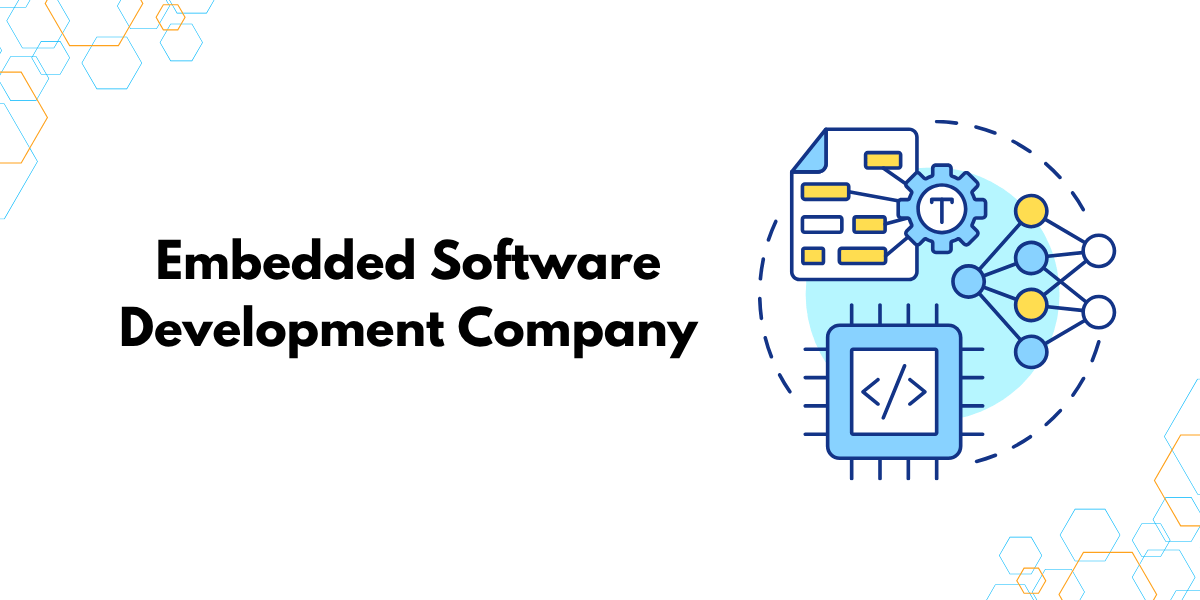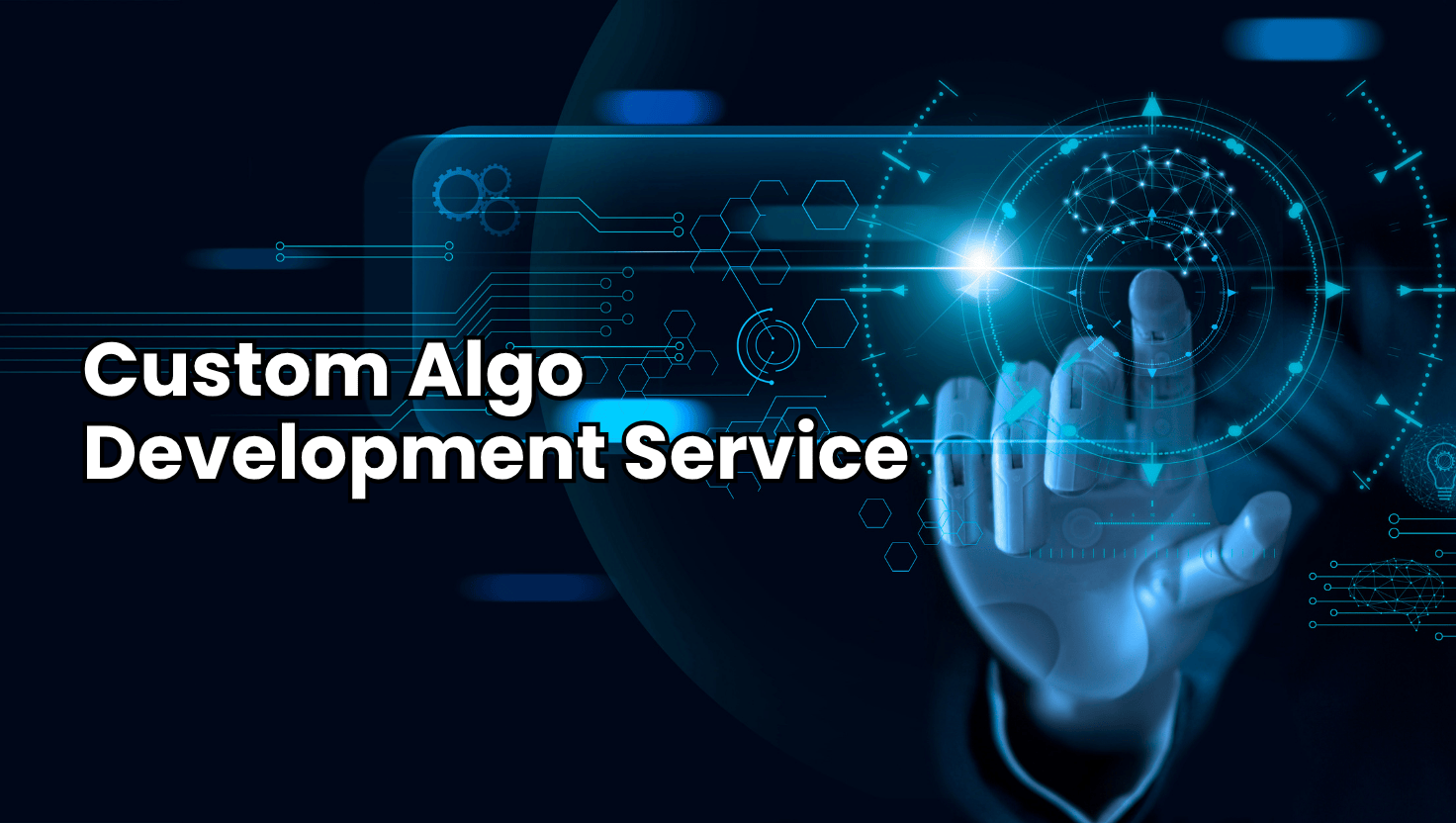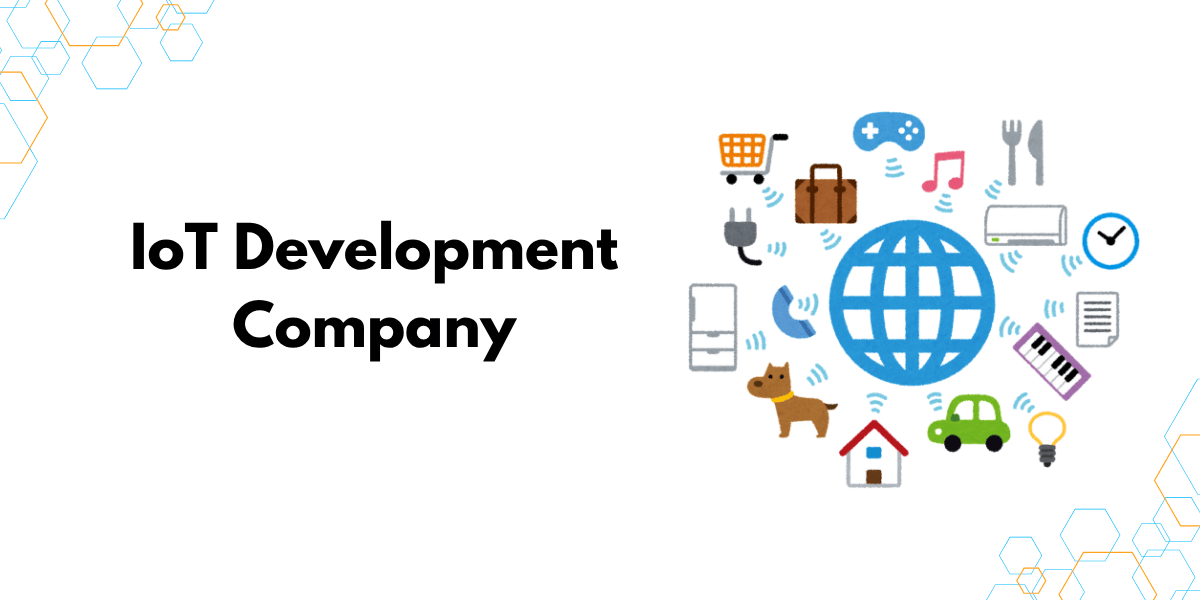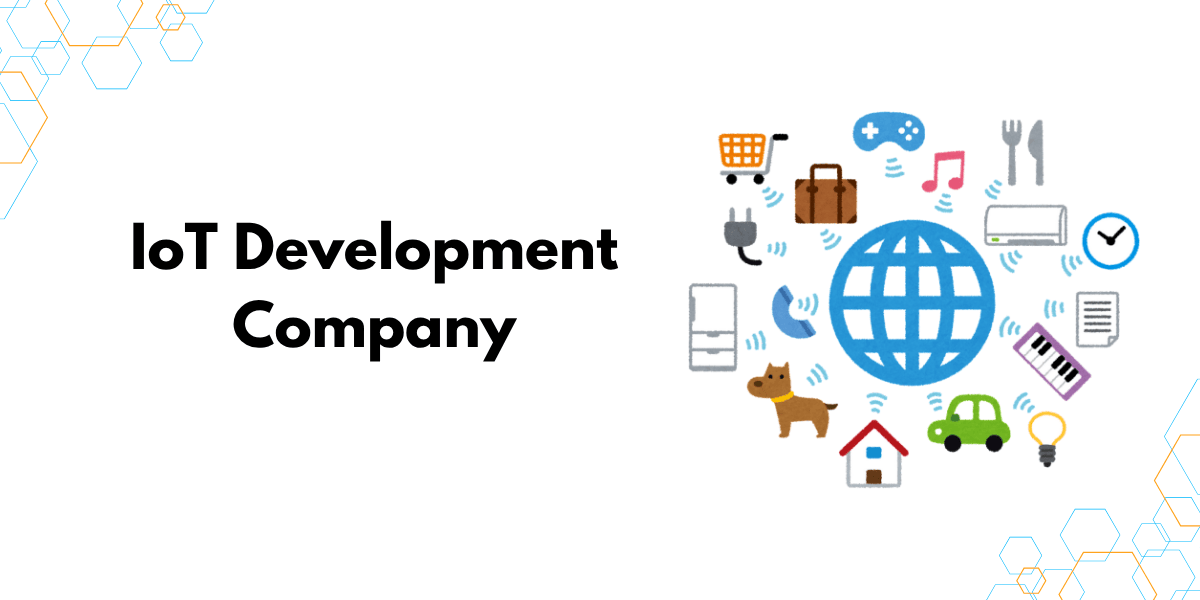What Does an Embedded Software Development Company Really Do?

Strong 8k brings an ultra-HD IPTV experience to your living room and your pocket.
In a world filled with smart devices from voice-activated speakers to self-driving cars it’s easy to overlook the software running behind the scenes. That silent layer of code, sitting deep inside hardware, is called embedded software. And the experts who build and optimize it? That’s the job of an Embedded Software Development Company.
Whether you're developing a consumer gadget, industrial machine, or medical device, embedded software is the invisible engine that makes hardware smart. In this blog, we’ll break down what embedded software is, what embedded software companies do, and why working with one might be essential for your next product.
What is Embedded Software?
At its core, embedded software is code written to control devices that are not traditional computers. Think microcontrollers, sensors, chips, and IoT modules. This software is typically:
- Stored in ROM or flash memory
- Runs on limited computing resources (low RAM, low power)
- Optimized for reliability, speed, and low energy use
- Highly customized for specific hardware
You’ll find embedded software in:
- Smart home devices (thermostats, lights)
- Cars (infotainment, ECUs, safety sensors)
- Drones and robotics
- Medical equipment (heart monitors, insulin pumps)
- Industrial machines and PLCs
- Consumer electronics (TVs, smartwatches, cameras)
What Does an Embedded Software Development Company Do?
An Embedded Software Development Company specializes in designing, coding, testing, and deploying software that runs on dedicated hardware. These companies often work with manufacturers, product startups, or enterprise teams to bring smart devices to life.
Here’s what they typically offer:
1. Firmware Development
Firmware is the low-level code that directly interacts with hardware components often written in C or C++. It controls everything from turning a motor to reading temperature data from a sensor.
Services include:
- Writing board support packages (BSPs)
- Peripheral integration (UART, SPI, I2C)
- Bootloader development
- Real-time interrupt management
- Power management optimization
2. Real-Time Operating System (RTOS) Integration
For more complex devices, developers use RTOS like:
- FreeRTOS
- Zephyr
- VxWorks
- Micrium OS
An embedded software company configures and optimizes RTOS features like:
- Task scheduling
- Multithreading
- Memory allocation
- Inter-task communication
3. Device Driver Development
Drivers are the glue between hardware and software. Developers build custom drivers to:
- Read/write data from sensors
- Control displays or actuators
- Enable USB, Wi-Fi, Bluetooth, CAN bus, etc.
4. Embedded Linux and Android Customization
For more powerful devices (like industrial tablets or smart gateways), companies offer:
- Kernel customization
- Yocto-based Linux builds
- Android Open Source Project (AOSP) customization
- Driver and HAL layer development
5. IoT and Edge Device Integration
Many embedded products today are connected to the cloud or communicate locally at the edge. Development companies often handle:
- MQTT, CoAP, or HTTP integrations
- Device provisioning and OTA (Over-The-Air) updates
- Security protocols (TLS, Secure Boot, TPM)
- Edge inference with AI models (TinyML, TensorFlow Lite)
6. Testing and Validation
Embedded devices must be extremely reliable, especially in sectors like healthcare or automotive.
Testing services include:
- Unit and integration testing
- Hardware-in-the-loop (HIL) simulation
- Stress and endurance testing
- Compliance testing (e.g., ISO 26262 for automotive)
7. Hardware and PCB Collaboration
Though not always the hardware designers, embedded software companies often work closely with:
- Electronic Design Engineers
- PCB layout teams
- Component vendors
They assist with:
- Selecting suitable microcontrollers (MCUs) or SoCs
- Defining I/O and memory requirements
- Providing software stack estimates for BOM optimization
Technologies Used by Embedded Software Development Companies
Languages & Tools:
- C/C++ (core embedded development)
- Assembly (for tight hardware control)
- Python, Rust, or Go (in select high-level layers)
- Keil, IAR, Segger Embedded Studio
- GCC + Make/CMake
- PlatformIO, CubeMX, AVR Studio
Boards & Chips:
- STM32, ESP32, NXP, Nordic, Renesas, Microchip, TI, Atmel
- Raspberry Pi (for Linux-based systems)
- Arduino (for rapid prototyping)
Communication Protocols:
- UART, SPI, I2C, CAN, Modbus, BLE, Zigbee, LoRa, Wi-Fi
Industries Served by Embedded Software Companies
Embedded systems are everywhere. Here’s where these companies usually focus:
Automotive
- ADAS
- ECUs
- Infotainment and telematics
Healthcare
- Portable medical devices
- Diagnostic tools
- Smart wearables
Consumer Electronics
- Smart TVs
- Home automation
- Fitness trackers
Industrial & Manufacturing
- PLC control
- Robotics
- Predictive maintenance systems
Aerospace & Defense
- Satellite communications
- Radar systems
- Avionics monitoring
Why Businesses Work with Embedded Software Development Companies
Here’s why product builders and enterprises outsource embedded development:
- Deep Hardware Expertise: These companies are experts in low-level programming and know how to squeeze performance out of limited hardware.
- Time-to-Market Advantage: With reusable frameworks and domain experience, they speed up development cycles.
- End-to-End Support: From proof-of-concept to mass production and updates, they cover the full product lifecycle.
- Quality Assurance: Embedded systems often require regulatory compliance, which these companies help navigate.
- Cost Efficiency: Avoid hiring and training a niche in-house team by working with an experienced vendor.
Choosing the Right Embedded Software Partner
Not all embedded software providers are the same. Here’s what to look for:
- Proven Expertise: Check if they’ve built solutions for your industry (automotive, medtech, etc.).
- Testing Rigor: Can they demonstrate testing standards, simulation capabilities, or compliance knowledge?
- Agile Process: Can they adapt to fast iterations and hardware changes?
- Collaborative Culture: Do they work well with hardware teams, cloud developers, and QA?
- Security Awareness: Ensure they know how to secure devices from firmware to cloud.
Final Thoughts
An Embedded Software Development Company is the backbone of many smart devices we use daily. From powering electric vehicles to making wearables tick, they bring together deep technical expertise, low-level coding skills, and the ability to make hardware come alive.
So whether you're building a next-gen IoT product or upgrading an industrial machine, the right development partner can help you deliver faster, smarter, and more reliable embedded systems.
Note: IndiBlogHub features both user-submitted and editorial content. We do not verify third-party contributions. Read our Disclaimer and Privacy Policyfor details.







